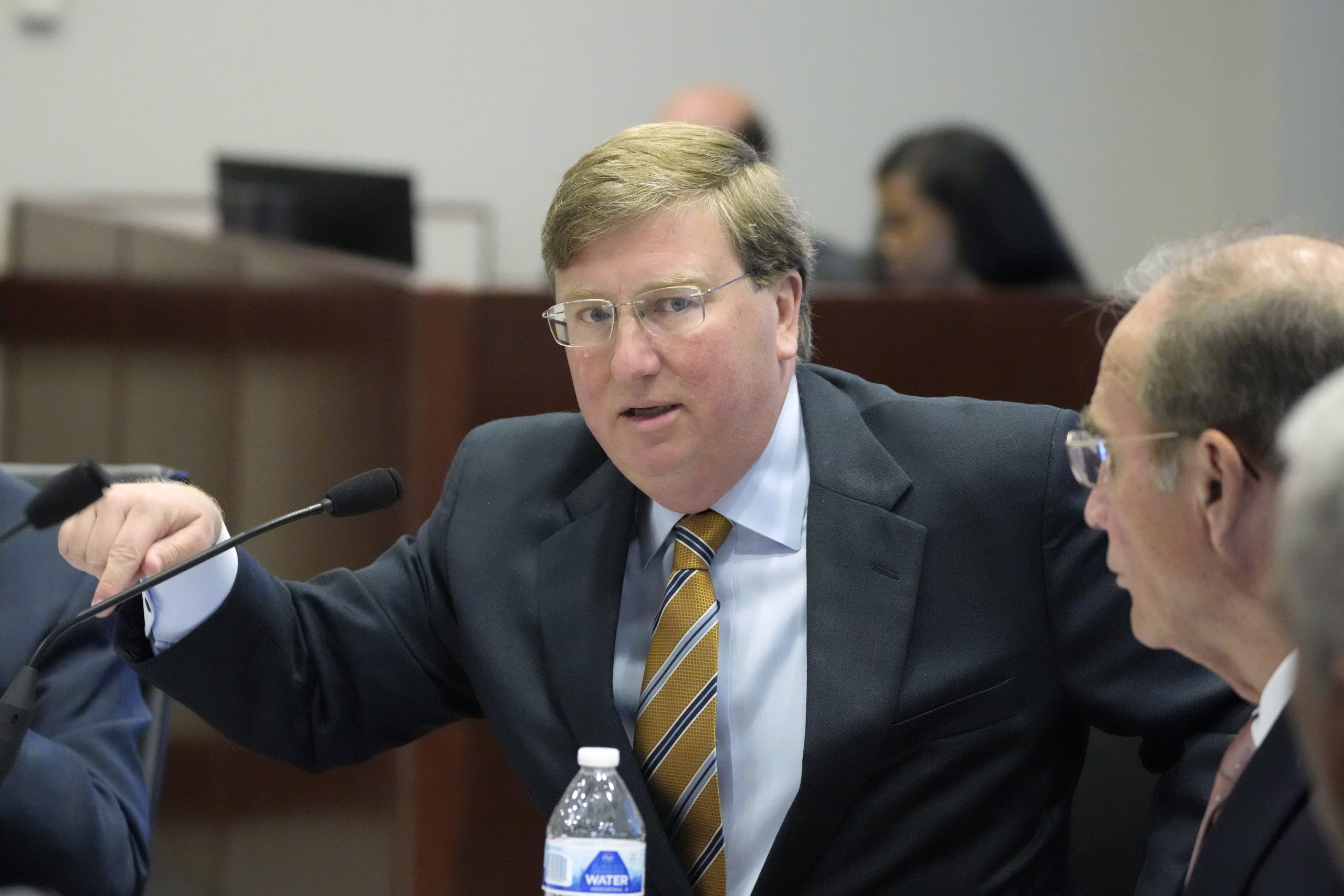State revenue barely grew over the past fiscal year — by $18.4 million, or just 0.24% from the previous year.
In years past, such anemic growth would foretell an upcoming legislative session beginning in January that would feature profound gnashing of teeth because revenue would be tight and budget cuts would be necessary.
But despite that snail’s pace rate of growth during the past fiscal year, which ended June 30, the Legislature will begin the 2025 session flush with cash — surpluses exceeding $1 billion. Thus, the Legislature next year will not have to prepare a piecemeal budget approach to fund vital services during the upcoming session.
Remember, that is what happened in the late 2010s when legislators and then-Gov. Phil Bryant were forced to cut key services such as health care, mental health, higher education and law enforcement. Those tough times forced Mississippi Department of Transportation officials to beg for extra money to meet their needs.
But the COVID-19 pandemic turned many things on their head, including the process the Mississippi Legislature utilizes to pass a budget to fund vital services like education, health care and law enforcement.
The surpluses the state is experiencing now — even as revenue slows — can be traced directly back to decisions legislative leaders made in 2020 in the throes of the COVID-19 pandemic. Some of those decisions were insightful and forward-looking. Others, in hindsight, were just downright lucky. After all, no one knew what to expect from the pandemic.
For much of 2020, COVID’s impact was enormous. Legislative leaders did not know what to expect in terms of economic growth and in terms of revenue collections. The financial experts who advised legislative leaders on how much revenue would be available to fund state government also, at their own admission, did not know. But the consensus was that revenue declines would be dramatic because of the pandemic.
Revenue did drop significantly in the final six months of the fiscal year in 2020, and Gov. Tate Reeves had to dip into reserves to avoid budget cuts.
But then things turned around — dramatically.
The federal government, both under former President Donald Trump and later under President Joe Biden, began pumping massive amounts of money into the states to deal with the pandemic.
Under Trump, there was the Coronavirus Aid Relief and Economic Security Act, and then under Biden the American Rescue Plan Act and later the Inflation Reduction Act and a massive bill to pump money into building and repairing roads and bridges.
Those federal acts, including thousands of dollars in direct payments to citizens, spurred economic growth. In the 2021 fiscal year that began July 2020, revenue grew almost 16%. Growth like that had never occurred in Mississippi. The following year growth was almost 10%.
Besides the federal aid, there also were supply chain issues and pent-up demand in some areas that spurred higher prices and wage increases. While inflation presented hardships for many families, it was a friend for Mississippi state government in terms of generating additional revenue. Mississippi’s high sales tax, including the highest in the nation tax on food, helped grow revenue. Higher prices because of inflation meant the state got more revenue from its 7% sales tax on most retail items.
While all this was going on, the Legislature continued to budget conservatively despite the rapid growth in revenue. Some have argued that legislators left unmet many needs, such as for infrastructure and health care, even though they finally had the money to address them.
But the bottom line is that each year since the start of the 2021 fiscal year in July 2020, the Legislature spent much less revenue than the state collected.
Now, it’s worth asking if the Legislature can continue this trend going forward. Revenue is clearly slowing. The $525 million tax cut that was passed in 2022 and is being phased in is contributing to that slowdown. But through the just completed fiscal year, spending still had not caught up to the growth that occurred beginning in July 2020.
But at some point, spending will catch up. That is the nature of the economy and of budgeting.
At that point, the Legislature will again face tough decisions. The question is: Will it be the 2025 session, or will it be later?

